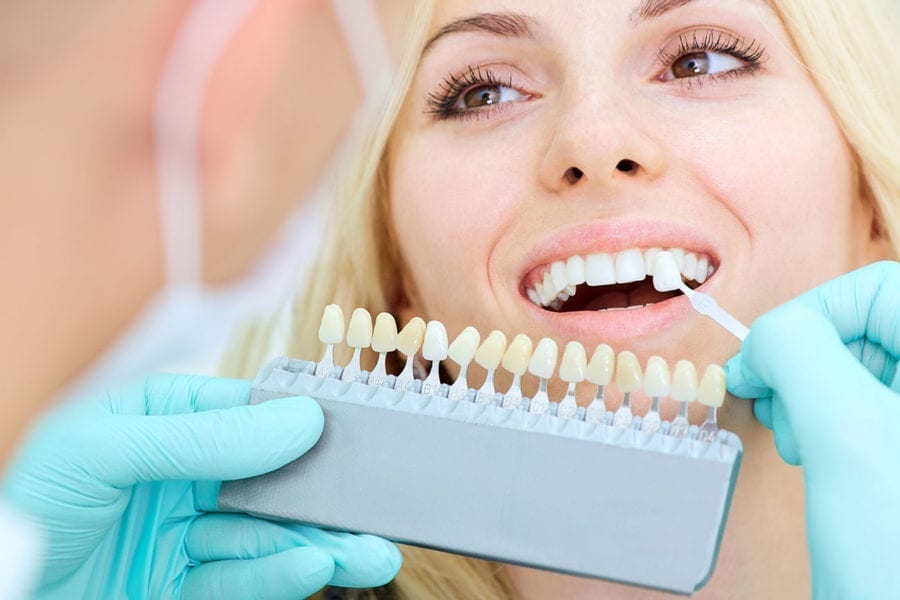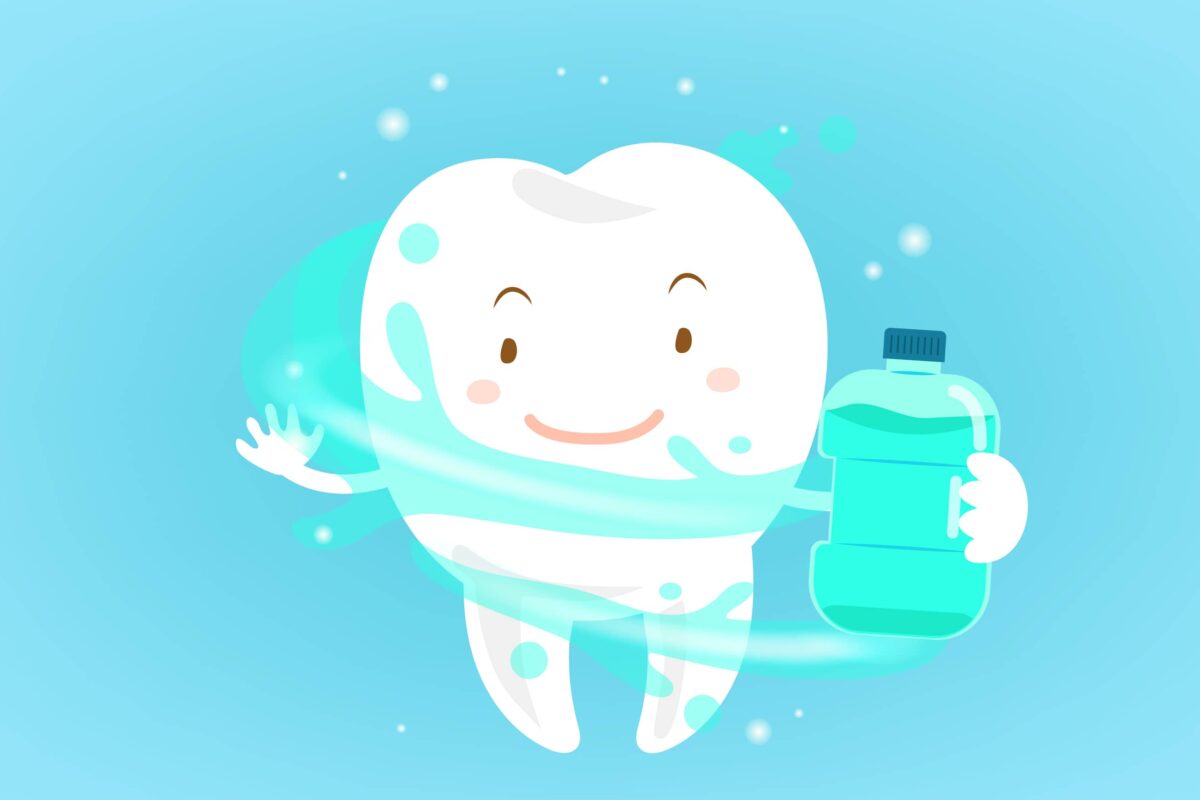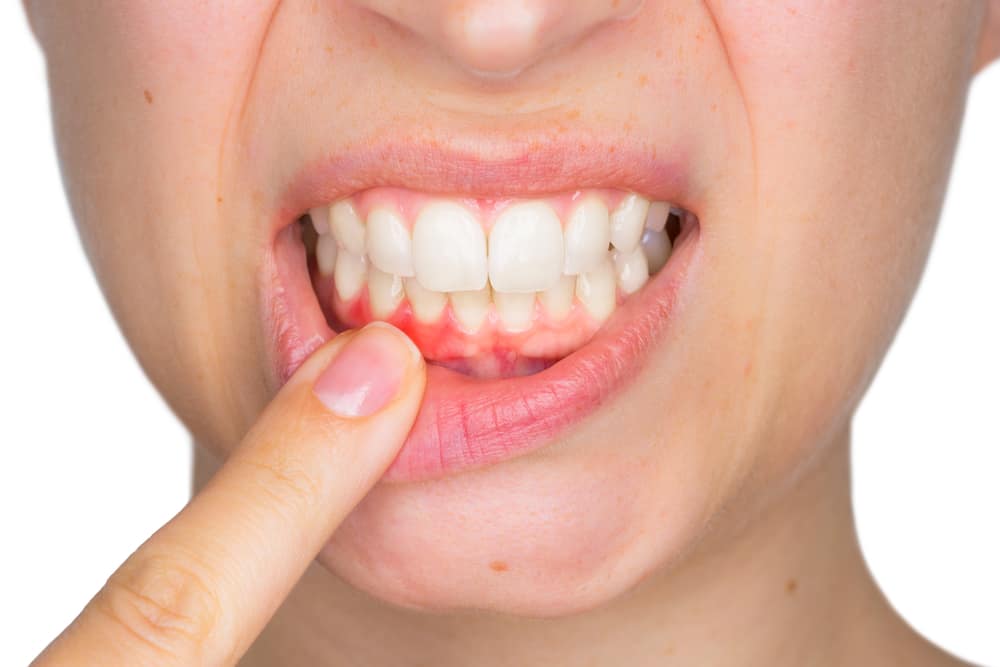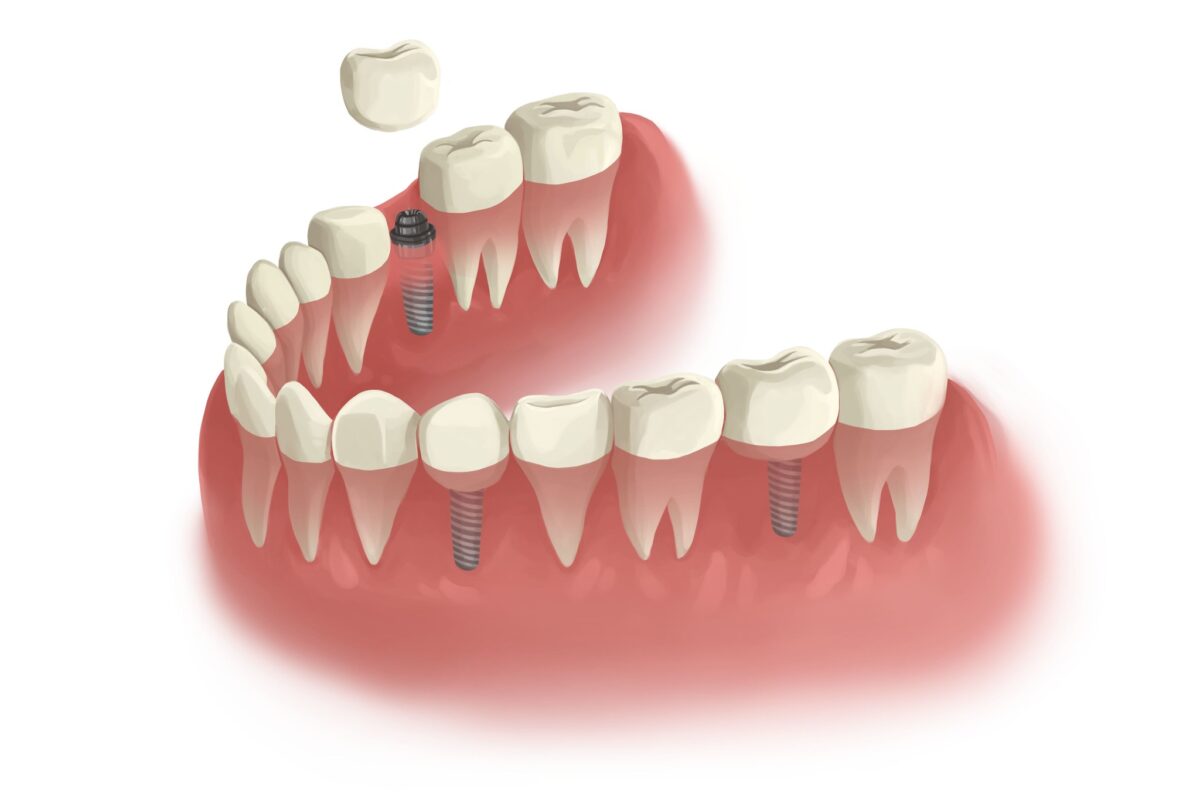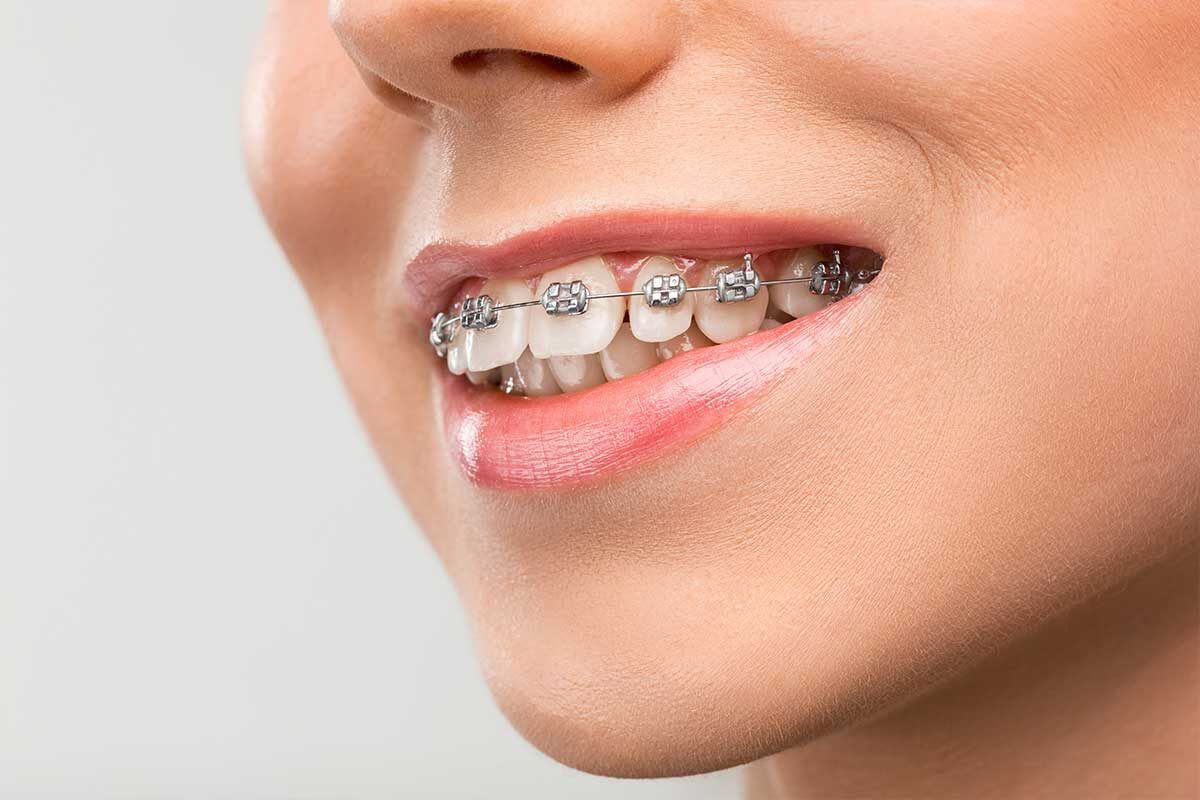Kochi, nestled in the heart of Kerala, is renowned for its rich cultural heritage and vibrant culinary scene. But amidst its bustling streets and picturesque backwaters lies another gem: a burgeoning hub for cosmetic dentistry. In recent years, Kochi has witnessed a surge in demand for advanced dental treatments aimed at enhancing the aesthetics of smiles. From teeth whitening to dental implants, the city offers a myriad of cosmetic dental solutions that cater to the diverse needs of its residents and visitors alike. In this comprehensive guide, we’ll take a closer look at the world of cosmetic dentistry in Kochi, exploring popular treatments, leading cosmetic clinic in Ernakulam, and the transformative impact these services can have on one’s confidence and quality of life. You will also seek the answer to a very common question “is cosmetic dentistry expensive” in this article.
Unveiling the Beauty of Cosmetic Dentistry in Kochi
Cosmetic dentistry has emerged as a game-changer in Kochi’s healthcare landscape, offering individuals the opportunity to achieve their dream smiles through a combination of artistry and science. With advancements in technology and techniques, cosmetic clinic in Ernakulam can address a wide range of dental imperfections, from stained or discolored teeth to misaligned smiles and missing teeth. Whether you’re looking to enhance the brightness of your smile or completely transform its appearance, there’s a cosmetic dental solution available to suit your needs.
Popular Cosmetic Dental Treatments in Kochi
1. Teeth Whitening
Teeth whitening treatments are among the most requested cosmetic procedures in Kochi. Using cutting-edge whitening agents and techniques, dentists can effectively remove stains and discoloration, restoring the natural brilliance of your smile. Whether performed in-office or with take-home kits, teeth whitening treatments are safe, efficient, and yield dramatic results. Click here to know more about teeth whitening cost.
2. Dental Veneers
Dental veneers are thin, custom-made shells that are bonded to the front surface of teeth to improve their appearance. In Kochi, porcelain veneers are a popular choice for masking imperfections such as chips, cracks, gaps, and stains. With their natural translucency and durability, porcelain veneers can transform your smile with minimal preparation and maximum impact.
3. Dental Implants
Dental implants offer a permanent solution for replacing missing teeth and restoring the functionality and aesthetics of your smile. Dentists utilize state-of-the-art techniques to place and restore dental implants, ensuring a seamless integration with your natural teeth and jawbone. Whether you’re missing a single tooth or multiple teeth, dental implants can provide a long-lasting and lifelike solution.
4. Orthodontic Treatments
For individuals with misaligned teeth or bite issues, orthodontic treatments offer a path to a straighter, more harmonious smile. In Kochi, orthodontists specialize in the latest techniques, including clear aligners and ceramic braces, which offer discreet and comfortable alternatives to traditional metal braces. With personalized treatment plans tailored to your unique needs, you can achieve the smile you’ve always desired with confidence and convenience.
5. Cosmetic Bonding
Cosmetic bonding is a versatile procedure that involves applying a tooth-colored composite resin to the teeth to correct minor imperfections such as chips, cracks, or gaps. In Kochi, skilled cosmetic dentists use bonding techniques to reshape and contour teeth, creating a more symmetrical and attractive smile in just one visit.
Is Cosmetic dentistry expensive
The cost of cosmetic dentistry can vary depending on several factors. This includes the specific treatment(s) chosen, the complexity of the procedure(s), the expertise of the dentist, and the location of the dental clinic. While some cosmetic treatments may be more affordable than others, it’s important to consider the long-term benefits and investment in one’s confidence and quality of life. While cosmetic dentistry may seem expensive upfront, many individuals find that the results are well worth the cost, offering a lasting improvement in their smile and overall self-esteem. Additionally, some dental clinics may offer financing options or payment plans to help make cosmetic treatments more accessible to patients. Ultimately, the decision to pursue cosmetic dentistry should be based on the individual’s priorities, goals, and budget, with careful consideration of the potential benefits and value of the investment in their smile.
The Life-Changing Benefits of Cosmetic Dentistry
Beyond the physical transformations, cosmetic dentistry offers a multitude of benefits that extend far beyond the surface. A confident smile can boost self-esteem, enhance social interactions, and even improve professional opportunities. By addressing dental imperfections and restoring harmony to the smile, cosmetic dentistry in Kochi empowers individuals to smile with confidence and live life to the fullest.
Conclusion: Embark on Your Smile Transformation Journey
Cosmetic dentistry has the power to transform not only your smile but also your life. With a diverse range of treatments, leading cosmetic clinic in Ernakulam, and skilled professionals, Kochi offers a gateway to a brighter, more beautiful smile. Whether you’re looking to brighten your teeth, straighten misaligned teethcosmetic dentistry in Kochi has a solution to suit your needs. Take the first step towards your smile transformation journey and schedule a consultation with a cosmetic dentist today. Hope you have found the answer to “is cosmetic dentistry expensive”. Your dream smile awaits!

